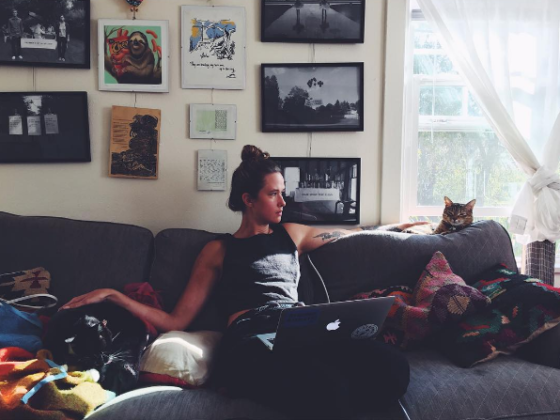FOR THE LAST MONTH I’VE BEEN A NOMAD — working a remote job, for a remote based company, in a very remote way. Living out of a suitcase, sleeping in hotels and working from coworking spaces. Flying between Berlin, Germany — Austin, Texas and Portland, Oregon — working to train two new teammates who have joined us on the support team at Basecamp. Since we are a dispersed company, we do our training a bit differently and fly our teams out to the same location to work together when someone is initially hired.
I can’t complain. I love that I get the opportunity to help onboard new employees and I jumped at the chance to be involved. I’m a traveler at heart and it’s something I’ve always loved, but while I know that to be true, this has been different than traveling for myself or traveling for vacation — this has been purely work related and is a different experience entirely.
I’ve learned a few things:
